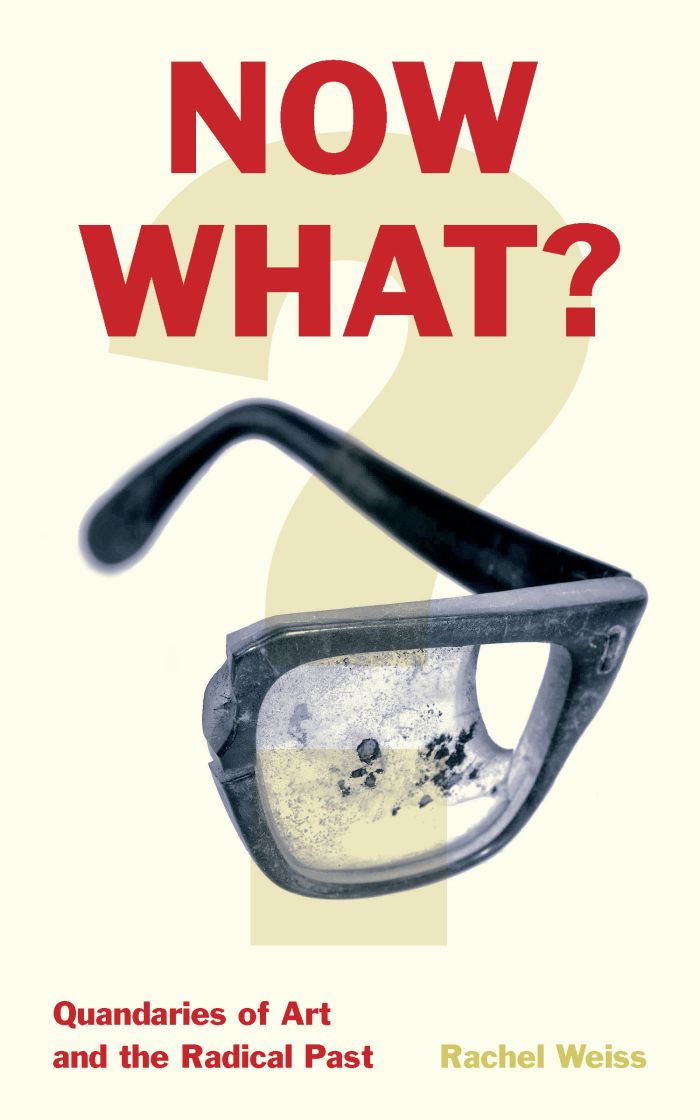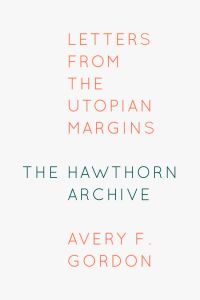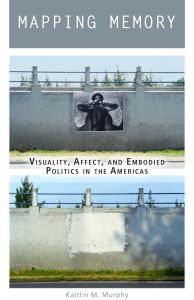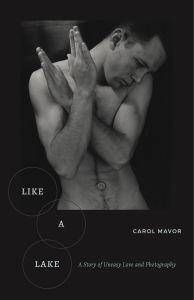Now What?
Quandaries of Art and the Radical Past

This book can be opened with

It is just as hard to face our hopes as our suffering,’ observes Rachel Weiss in this empathically argued account of living in the wake of once-promising, truncated social transformations. This redemptive poetics of history inhabits the imagination of the present moment radically altered by inherited traumas, idealisms, and messianic hopes. These encounters align the horizon under a night sky flashing with the stars of regardless and henceforward—Roberto Tejada, University of Houston
Casting her supremely intelligent eye on the simultaneous possibilities and limits of art, Rachel Weiss offers a far-reaching study of performance, painting, and film in the aftermath of societal convulsions and revolutions. She creatively rethinks how and why art comes to work in societies troubled by censorship, dictatorship, state violence, and trauma, on the one hand, and dreams of revolution, collectivism, and social justice on the other. Crucially, Weiss’s impassioned account of the stories that art can offer about these extreme historical realities takes on a new relevance and urgency in our current world, where authoritarianism, fake news, and alternative facts increasingly appear to rule the day.—Saloni Mathur, University of California, Los Angeles
Introduction: Being Afterward | 1
1 Lupe at the Mic
After January 1959, Havana, Cuba, in Tatlin’s Whisper #6 | 11
2 The Tenuous Moonlight of an Unrequited Past
After September 11, 1973, Santiago de Chile, in The Battle
of Chile, Chile: Obstinate Memory, and Nostalgia for the Light | 35
3 Something That Opens a Wish and Closes a Door
After December 1989, Romania, in Videograms of a Revolution,
Autobiography of Nicolae Ceausescu, and 12:08 East of Bucharest | 63
4 Whoever Knows the Truth Lies
After October 1977, West Germany, in Germany in Autumn and October 18, 1977 | 123
Conclusion: The Undersong of Our Histories | 161
Acknowledgments | 183
Notes | 185




